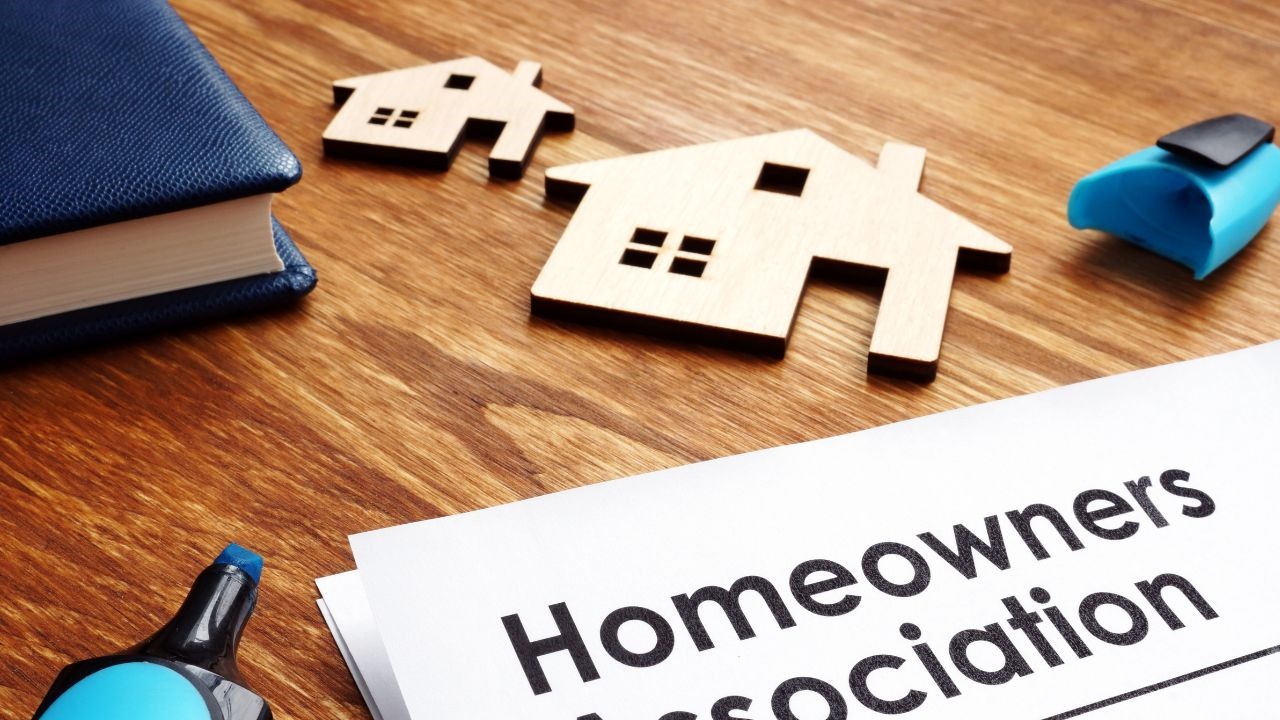The Function of an HOA in Establishing and Enforcing Neighborhood Standards for Citizens
The function of a Homeowners Association (HOA) in imposing and establishing community guidelines is fundamental to keeping a natural and organized residential environment. By developing clear regulations that control elements such as building maintenance and community conduct, the HOA not only sets requirements for locals but additionally promotes a sense of belonging and liability.
Recognizing Home Owners Associations
Homeowners organizations (HOAs) function as controling bodies for residential neighborhoods, playing an important role in keeping residential or commercial property values and cultivating a sense of area. Commonly developed by developers, HOAs are made up of house owners within an assigned location who choose a board to supervise the organization's activities. The key features of an HOA include implementing community rules, taking care of common locations, and organizing neighborhood events.
HOAs operate under a collection of governing records, including commitments, restrictions, and problems (CC&R s), which detail the civil liberties and obligations of home owners. These regulations intend to ensure that properties are preserved to a specific criterion, thereby safeguarding the aesthetic allure and total value of the community. Furthermore, HOAs usually collect dues from homeowners to money maintenance, landscaping, and various other area solutions.
The presence of an HOA can dramatically affect the living experience within a neighborhood (hoa condo). While some citizens value the organized setting and services provided, others might locate particular laws limiting. Stabilizing the passions of all homeowners is important for an HOA to function efficiently, making certain that it offers its desired objective of improving neighborhood living while appreciating specific property owner civil liberties
Developing Neighborhood Guidelines

To begin, an HOA ought to carry out studies or convene that enable citizens to articulate their recommendations and issues. This participatory process fosters a sense of ownership and increases conformity. Next, the HOA board should evaluate the feedback to identify common motifs and top priorities that necessitate official incorporation in the standards.
It is additionally crucial to make certain that the standards are clear, succinct, and quickly understood. Ambiguities can bring about conflicts and misconceptions, threatening the function of the guidelines. Furthermore, the standards must be detailed, covering different aspects of area living, including home maintenance, sound levels, and use of common locations.
Enforcement of Policies
Effective enforcement of area rules is critical for preserving order and ensuring that all homeowners stick to the developed guidelines. An HOA needs to carry out an organized method to apply these policies, which often includes a mix of monitoring, interaction, and penalties for non-compliance.
First, normal evaluations and area patrols can assist recognize violations, making sure that regulations are regularly used across the community. This aggressive monitoring permits the HOA to address problems prior to they rise, cultivating a sense of liability amongst residents.
Second, clear interaction is essential. Locals must be informed of the policies and the treatments for reporting offenses. An open line of communication encourages locals to voice worries and look for explanation on guidelines, which can boost compliance.
Lastly, when offenses take place, the HOA should implement consequences as outlined in the governing records. By properly implementing guidelines, an HOA can cultivate an unified living atmosphere that reflects the collective worths of its citizens.
Benefits of HOA Regulations
Countless benefits arise from the see post execution of HOA guidelines, which offer to enhance the lifestyle within an area. One main benefit is the upkeep of building values. By imposing requirements for looks and upkeep, HOAs ensure that homes and typical areas stay attractive, cultivating a desirable living setting that can cause increased property worths over time.
Furthermore, HOA regulations promote uniformity and uniformity within the neighborhood. This comprehensibility in style and upkeep helps to produce a feeling of belonging among homeowners, adding to area pride and a favorable ambience. Established guidelines facilitate dispute resolution amongst next-door neighbors by providing clear expectations and procedures for actions, thereby lessening conflicts.
Another substantial advantage is the provision of common amenities and services. Several HOAs handle community centers such as parks, clubs, and pools, which enhance leisure chances for citizens. These features not just improve the high quality of life but also urge social communication.
Inevitably, the regulations established forth by an HOA grow a well-organized, harmonious area, ensuring that residents delight in a high standard of living while fostering a helpful environment look what i found for all house owners.
Common Difficulties Dealt With by HOAs
Amidst the benefits that homeowners organizations (HOAs) can offer, they also encounter a selection of difficulties that can impede their efficiency. One significant issue is the lack of resident engagement. Numerous house owners might not join conferences or area activities, leading to a disconnect between the HOA board and locals. This disengagement can cause misconceptions about community guidelines and a lack of assistance for enforcement initiatives.
Disputes can develop when citizens really feel that enforcement is irregular or prejudiced, possibly leading to disputes within the community. Additionally, HOAs typically face financial restraints, which can restrict their ability to maintain usual locations or fund community projects.
Additionally, browsing legal intricacies can be discouraging for HOAs. Evolving and changing demographics area needs need HOAs to adapt their standards, frequently fulfilling resistance from long-standing locals that are accustomed to typical standards.
Conclusion

By formulating clear regulations that regulate elements such as home upkeep and area conduct, the HOA not just have a peek here sets standards for residents but likewise cultivates a feeling of belonging and liability.Homeowners associations (HOAs) serve as governing bodies for property communities, playing an important duty in keeping property worths and cultivating a feeling of community. Several home owners might not get involved in conferences or neighborhood activities, leading to a detach in between the HOA board and homeowners. Altering demographics and advancing area needs require HOAs to adjust their guidelines, typically fulfilling resistance from enduring citizens who are accustomed to typical norms. Through the development of clear laws and constant enforcement, HOAs advertise residential or commercial property upkeep, neighborhood pride, and depend on among citizens.